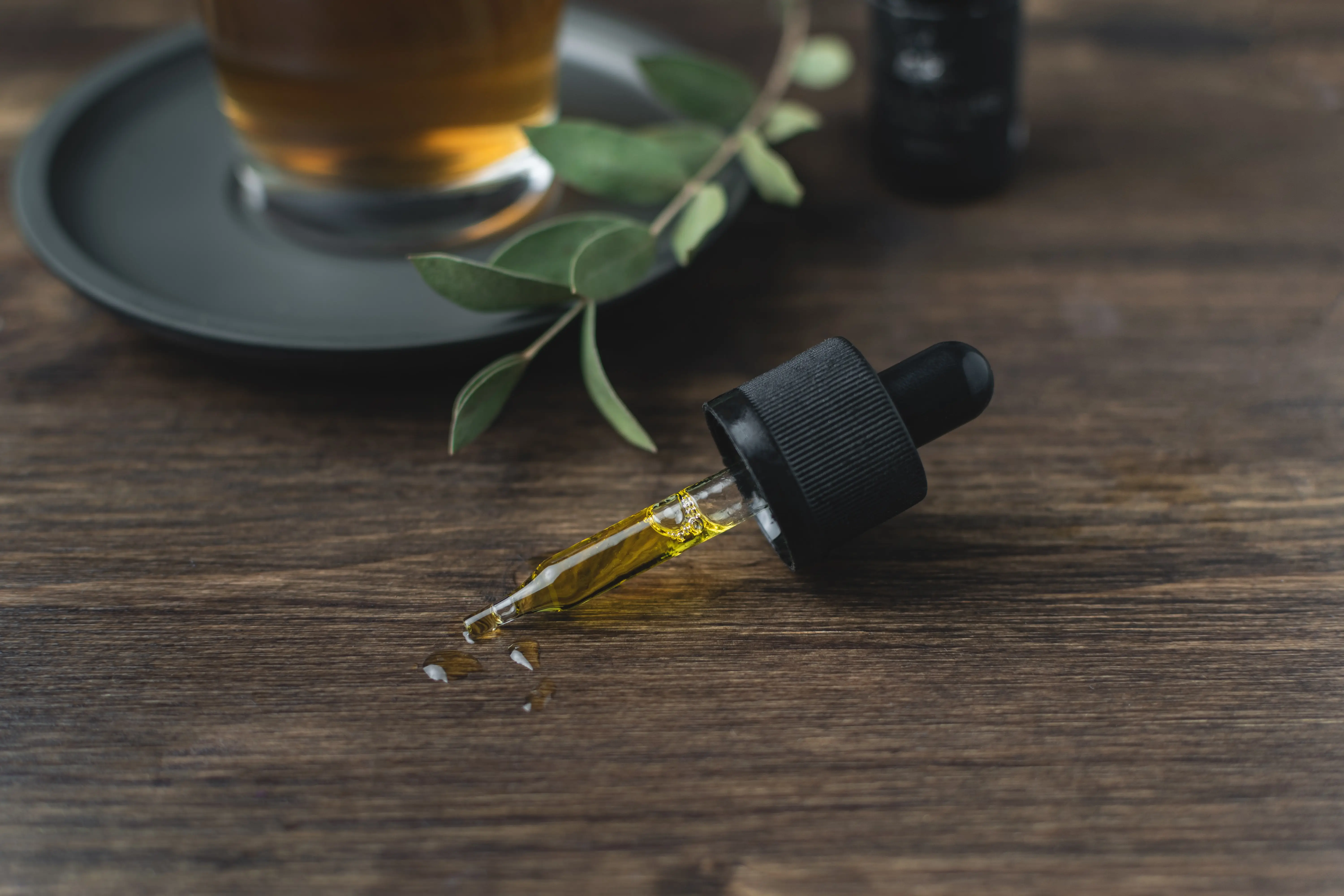What Is Considered A High Dose of CBD?

Kitty Asked
Regarding the article stating interactions between CBD and Naprosyn - What is considered a "very high dose" of CBD? thanks.
Summary

Answer
Thanks for your question and sorry we confused you with our previous response! When we're talking about CBD, it's important to clarify what we mean. There are FDA-approved drugs, medical cannabis products, food, and dietary supplements that contain CBD. All of these products can have different doses of CBD. Let's examine some of them to better understand what a "high" dose is.
What is the Dose of "Prescription Strength" CBD?
The FDA-approved drug Epidioloex contains CBD and is used to treat two rare seizure disorders (Lennox-Gastaut and Dravet syndromes) in children 2 years of age or older. Most of the info we have about drug interactions with CBD comes from studies of Epidiolex because the manufacturer had to fund them in order to get the drug approved.
The standard dose of Epidiolex is 10-20 mg per kilogram of body weight per day. In a meta-analysis of randomized clinical trials, a "high dose" was defined as 20mg/kg/day or more, and was associated with elevations in liver enzyme tests (LFTs). This is equivalent to around 1500mg/day for the average US person (77 kg for females and 80 kg for males). Epidiolex is provided as an oral solution with a concentration of 100mg per mL.
What is an Average Dose of CBD?
Most CBD consumers aren't using prescription Epidiolex. Instead, they take CBD via medical cannabis products or in food or dietary supplements (hemp-derived CBD). The dose of CBD in these products is usually much lower than what's available in Epidiolex. However, there are no Federal regulations stating a recommended or safe daily intake of CBD. Some researchers have suggested anywhere from 30-160 mg per day.
Manufacturers of hemp-derived CBD have had to establish their own standards and most have agreed on a maximum dose of 25-30 mg of CBD per unit dose or container.
The average dose of hemp-derived CBD will vary depending on what study you look at, but one study suggested an average daily dose of 50 mg per day with a range of 10-90 mg per day. This particular study found that CBD was well tolerated and didn't result in any liver enzyme elevations like in the studies of prescription-strength CBD (Epidiolex).
Nonetheless, because of an inadequately regulated market, certain products may contain more or less CBD than what’s indicated on the label. So, it’s important to buy your CBD products from a trusted source to accurately gauge your consumption.
In Conclusion
Although it's subjective, I'd say a high dose is anything one order of magnitude greater than the average range, so 250 mg or more. I hope this helps answer your question!
- Adverse effects of cannabidiol: a systematic review and meta-analysis of randomized clinical trials. (Article).
- Cannabidiol and abnormal liver chemistries in healthy adults: Results of a phase I clinical trial. (Article).
- Cannabidiol safety considerations: Development of a potential acceptable daily intake value and recommended upper intake limits for dietary supplement use (Article).
- Observed Impact of Long-Term Consumption of Oral Cannabidiol on Liver Function in Healthy Adults (PubMed).




